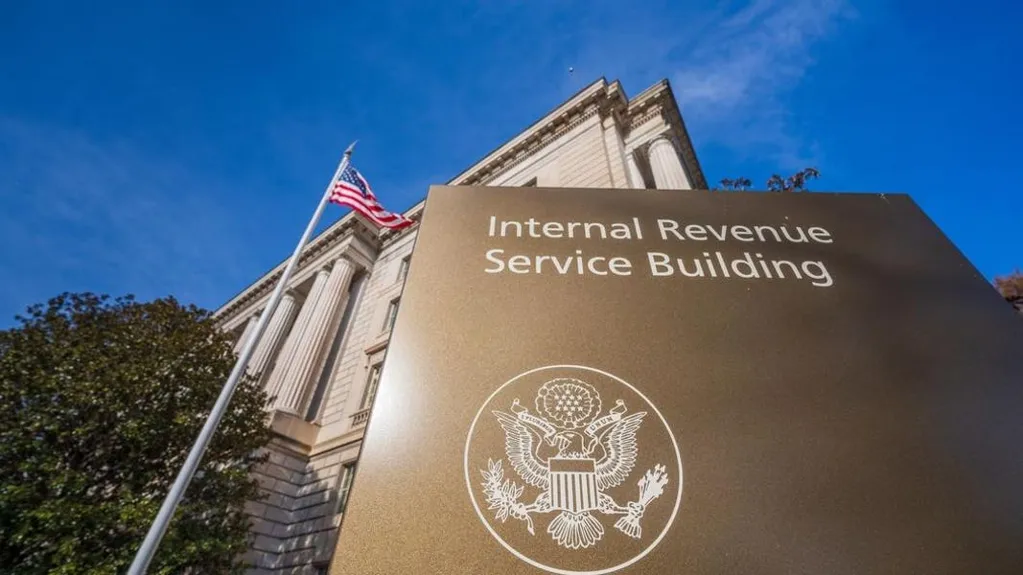IRS-CI pursues a range of financial crimes, both tax-related and not. According to the agency, among the crimes it investigates are abusive tax schemes, employment tax violations, illegal gaming, identity theft, money laundering and certain narcotics-related crimes when those involve financial transactions. The division pursues a variety of fraud investigations in addition to more straightforward tax fraud, such as tax return preparer fraud, bankruptcy fraud, corporate fraud, financial institution fraud and health care fraud. IRS-CI also handles public corruption crimes like embezzlement, bribery and extortion.
IRS-CI agents can investigate crimes and perform some law enforcement duties, including seizing property, conducting searches, taking testimony under oath and performing arrests for alleged violations of internal revenue laws, depending on the state the arrest is being carried out in. Agents can also carry firearms. When it comes to actually indicting people for alleged financial crimes and prosecuting them, IRS-CI can make criminal referrals to the Justice Department and work with officials there to carry out prosecutions, but it does not prosecute cases directly.
Under current IRS-CI processes, there are a lot of steps and layers of approval when it comes to bringing criminal investigations, which typically arise during tax or revenue audits when potential fraud or other crimes are discovered. The IRS notes two different layers of management have to review preliminary information about the probe in order for a criminal investigation to move forward, and final reports on investigations will go through at least four layers of review before a criminal referral is made to the DOJ. The process also requires IRS counsel to be continually involved throughout any investigations, and the IRS manual for criminal investigations specifies investigations cannot be brought based on "unlawful profiling" on the basis of characteristics like race, ethnicity, sex or national origin. Investigations also cannot be brought based on a subject's "political affiliation" or "a direct or indirect relationship" with the subject, with the IRS stating, "Investigations will be identified, initiated, and conducted in a manner that fosters confidence in the tax system and compliance with the law."
The Trump administration wants to edit the IRS manual to minimize the role of career IRS counsel in investigative proceedings, according to the Journal, after Trump officials have reportedly been stymied by the agency's lawyers in their efforts to revoke universities and nonprofits' tax-exempt status. Officials also want to staff the division with more Trump-friendly employees who are more likely to bring investigations against the president's foes, the Journal reports. That includes plans to oust current IRS-CI chief Guy Ficco -- a career IRS official whom the Journal notes has been there for "decades" -- with Gary Shapley, an adviser to Treasury Secretary Scott Bessent who previously served as acting commissioner of the IRS for just three days before being replaced. Shapley also worked as an IRS-CI agent, where the Journal notes he clashed with others at the agency particularly over his belief that the government should have been more aggressive in its investigation of former President Joe Biden's son Hunter Biden. Bessent could also take a more hands-on role in any investigations through the IRS he and Trump have suggested with the Treasury Secretary saying during a podcast appearance Tuesday that tracking down any left-wing financial networks connected to Charlie Kirk's assassination is "mission-critical" for the agency.
Shapley is preparing a "list" of potential targets the IRS could pursue investigations against according to the Journal. The biggest known target so far is expected to be billionaire Democratic donor George Soros and the network of left-leaning organizations he's affiliated with the Journal reports though it's still unclear on what grounds the IRS could take action against Soros and his associates. Soros' Open Society Foundations has publicly denounced the Trump administration's attacks against it as Trump officials have accused the organization of funding political violence and so-called domestic terrorism with the nonprofit saying in a September statement: "These accusations are politically motivated attacks on civil society meant to silence speech the administration disagrees with and undermine the First Amendment right to free speech." It remains unclear who else or what other groups the Trump administration could use the IRS to target but the White House has broadly threatened retaliation against a number of nonprofits that donate to Democratic causes. White House officials have cited issues with groups including the Ford Foundation ActBlue Indivisible and the Coalition for Immigrant Rights though it's unclear whether any of those will ultimately be targeted for investigation.
